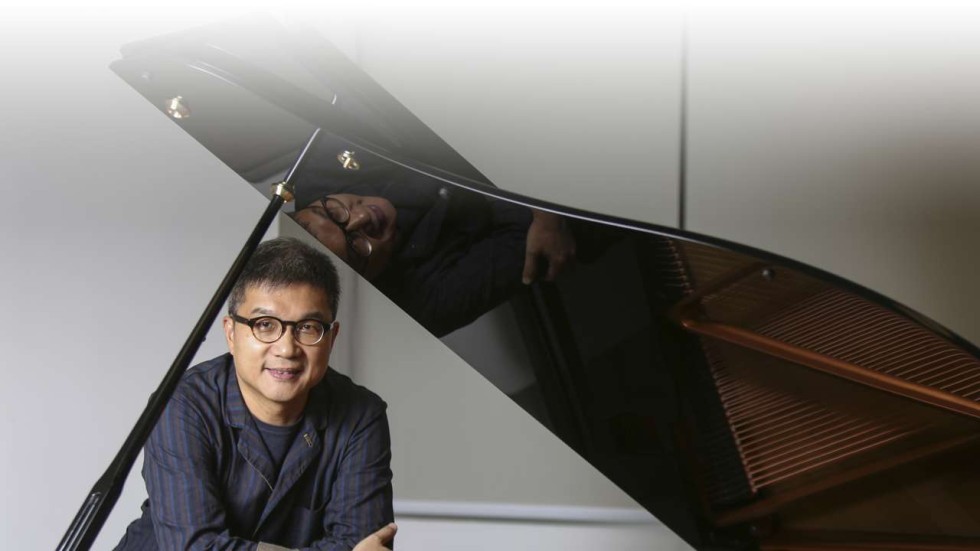23 October 2016 (Sunday) – online
Dr Lisa Lim, Associate Professor in the School of English, explains why ‘have you eaten’ means ‘how are you’ in Hong Kong in her fortnightly Post Magazine column: Language Matters.
“It is not exclusive to Hong Kong Cantonese. Across Asia, where food – in particular, rice – is central to the culture, and where one’s well-being is traditionally contingent on the community’s sustenance, one finds the same traditional “have you eaten (rice) yet/already?” greeting: in Burmese (
sa: pi: bi: la:?), Chiuchow (
jia bung meh ?), Khmer (
nham bay howie nov ?), Korean (
bap meogeosseoyo ?), Malay (
sudah makan ?), Malayalam (
cho¯rrun . t. o¯?), Putonghua (
ch I ¯ fàn le ma?), Sinhalese (
bath kavatha?), Tagalog (
kumain ka na ba?), Taiwanese (
jia˘ bà bua¯i?), Thai (
thaan khâo láew re¯u yang?), Vietnamese (
a˘n co ’ m chu ’ a?).”
Please click on the following link for the complete article:
http://www.scmp.com/magazines/post-magazine/short-reads/article/2038651/why-have-you-eaten-means-how-are-you-hong-kong
Source: SCMP





